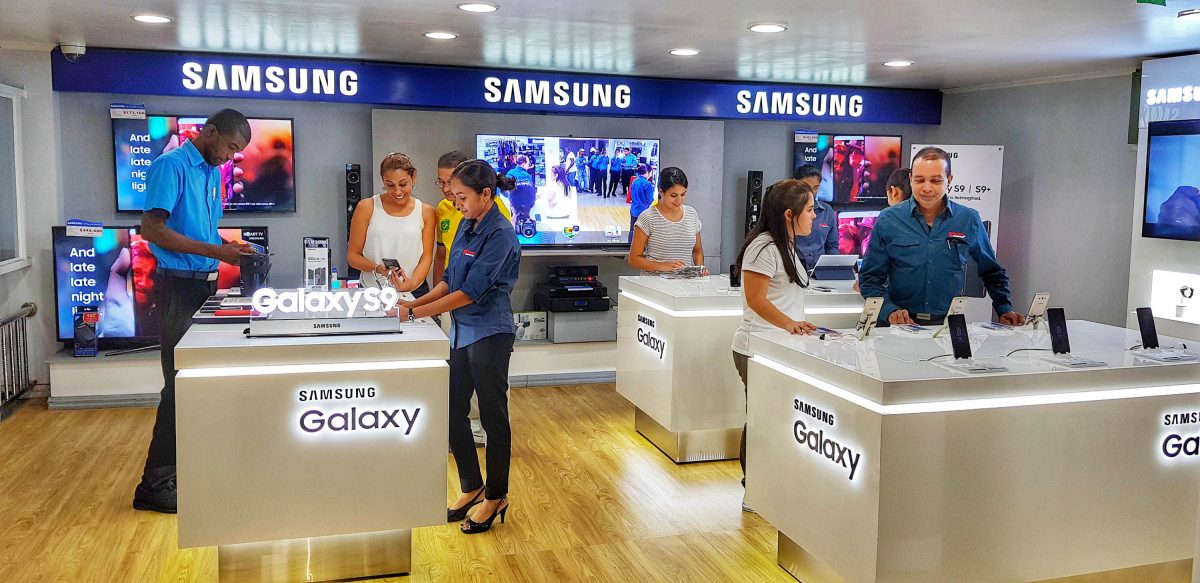Against the backdrop of loss of markets and general economic downturn confronting various sectors of the global economy, information technology industry specialists are reporting a strong link between the advent of COVID-19 and a significant increase in the global demand for personal computers (PCs).
With companies worldwide having moved to implement work-from-home operations as a social distancing option there has reportedly, been a sudden sharp spike in the demand for laptops. Vaguely defined “supply issues” have allegedly resulted in a shortage in the market as retailers say that with homes now being reconfigured to create new, safer, work spaces, large laptop orders are far outstripping supply.
Speaking to the Sta-broek Business from Miami late last week, Starr Computers chief executive officer, Mike Mohan, confirmed that COVID-19 had precipitated “major worldwide shortages” of computers. “From the start of COVID-19 there had been a major rush by the public and private sectors worldwide to acquire computers for their employees to work at home,” Mohan informed Stabroek Busi-ness. Additionally, according to Mohan, many developed countries began purchasing laptops “in huge quantities” for their home-schooling programmes. At the same time countries in which large volumes of computers are manufactured began shutting down their production plants to protect their employees. “The coincidence between zero production and a sharp spike in demand created significant PC shortages worldwide which have driven up prices by at least 30%,” Mohan told Stabroek Business.
While Starr Computers produces its own brand of computers in Guyana, its components are imported from the US. However, these parts are manufactured to compliant standards by many different countries around the world and converge in the US for redistribution. HP, Lenovo, and Dell, production plants across the world also faced similar challenges over the last few months.” As COVID-19 began to affect different countries at different times, the global supply and production processes were seriously affected. International computer distribution models began to adjust for the higher value market, Mohan explained.
And according to Mohan, Starr Computers had been able to mitigate the problem locally by leveraging its “regional distributor” status with the Lenovo and HP distribution channels. Mohan said that Starr Computers had taken advantage of that facility and had modified its retail strategy to afford Guyanese continued access to computers at affordable prices.
Meanwhile, Mohan told Stabroek Business that his company had anticipated likely price increases in branded computers and other supplies and, had forecasted and contracted large pre-orders for Lenovo and HP computers along with HP printers, scanners, and supplies, at fixed prices. “That is why Guyanese were not even aware that there was a real worldwide shortage and attendant price increases. We were able to maintain a continuous flow of good products at affordable prices,” he said. And the Starr Computers boss says that were COVID-19 to launch a second attack, that can become a greater challenge for Guyanese consumers.
A significant volume of global computer production takes place in Wuhan, China, where COVID-19 was reportedly first detected and this, industry intelligence suggests, would also have impacted production.
The problem of PC shortages has reportedly hit several large firms seriously where supply arrangements work on a built-to-order basis and computers are shipped to clients as per order. Accordingly, the outbreak and spread of COVID-19 did not allow time for companies to make adequate supply arrangements.






